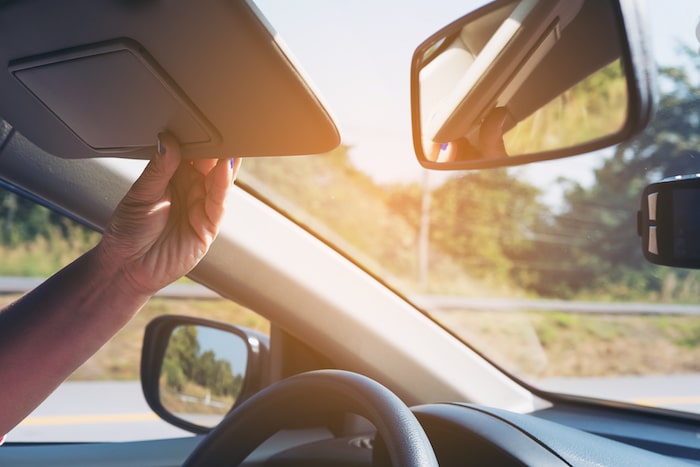So, you don’t own a car, but you need to have an SR-22? While it’s somewhat unusual, it does happen, and there’s a perfectly simple way to get one. All you need to do is get a non-owner car insurance policy.
Who Needs A Non-Owner Car Insurance Policy?
There are many reasons that someone might require auto insurance despite the fact that they don’t own a car, and the insurance industry is prepared to accommodate them. Here are a couple of those reasons:
- The individual is required to maintain an insurance policy, despite not having a vehicle in their name.
- You don’t own a car, but you frequently drive commercially owned vehicles akin to rental cars.
How Do You Get An SR-22?
The only way that you can obtain an SR-22 is if you get a car insurance policy that covers at least the minimum mandated coverage per your state’s laws. There are occasions when you are required to have this coverage, even if you yourself don’t personally own a vehicle.
Essentially, once you purchase the required insurance policy, the insurer will file an SR-22 on your behalf. That’s it!
What Does A Non-Owner Insurance Policy Cover?
Non-owner policies generally don’t cover vehicles that you have registered in your own name. Those would have to be covered by a traditional car insurance policy. They also usually don’t cover vehicles in your household. That’s because if you have frequent access to a household vehicle, the registered owner should add you to their insurance policy. The same goes for any other vehicle you drive on a frequent or routine basis.
What Does A Non-Owner Policy Include?
Usually, there are two types of coverage included in a non-owner policy. The policy usually includes property damage liability and bodily injury liability. Sometimes you can also have medical payments and uninsured/underinsured driver bodily injury covered as well.
What it won’t cover is physical damage coverage—any collision or comprehensive coverage would be looked at on the car owner’s insurance, which is also usually the primary insurance consulted in an accident. This also means you shouldn’t be driving a car that isn’t insured at all.
How Long Does It Take To Get An SR-22 Filed?
The insurance company can usually provide proof nearly instantly by emailing or faxing the coverage information. However, if your state doesn’t allow for electronic filing, there may be more of a delay. You’ll have to check your individual state’s filing policies to get a good estimate.
What If I Have A Non-owner Policy, And Then Buy A Car?
Be careful doing this! As soon as you purchase a vehicle, you’re obligated to let your insurance company know that you now have a car in your name. Then, you need to immediately adjust your policy and change it from a non-owner policy to an owner policy. Some people assume that at least their non-owner policy liability coverage would still apply, but it’s much more likely that your claim would be completely denied.
You may, however, get a discount on your regular owner policy if you’ve been using the same company for a while. After all, they will want to keep you as a customer. Still, it’s a good idea to shop around and see if you can get a better price elsewhere. Whatever you do, don’t leave your car unprotected! If you do, you could open yourself up to being sued if you get in an accident, not to mention any moving violations or criminal charges you might get if you drove the car while it wasn’t insured.

